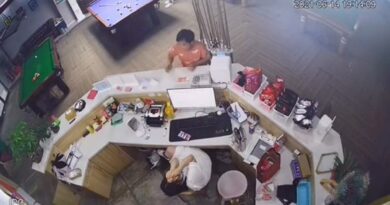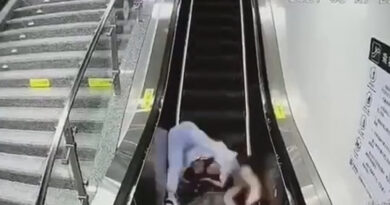Brand Sparks Outrage For Using Marathon Tragedy That Killed 21 To Sell Quick Dry Undies
A Chinese children’s clothes brand specialising in quick-dry underwear has caused outrage for using images from a marathon tragedy that left 21 runners dead to boost sales.
Hinos, based in the Chinese city of Shanghai, featured an image of huddling runners from the Gansu ultramarathon disaster that took place on 22nd May.
Twenty-one runners died in severe weather during the long-distance race, and Hinos, which boasts 30 stores in nine cities across mainland China, used a photo of a group of contestants huddling together to keep warm to promote its quick-dry products.
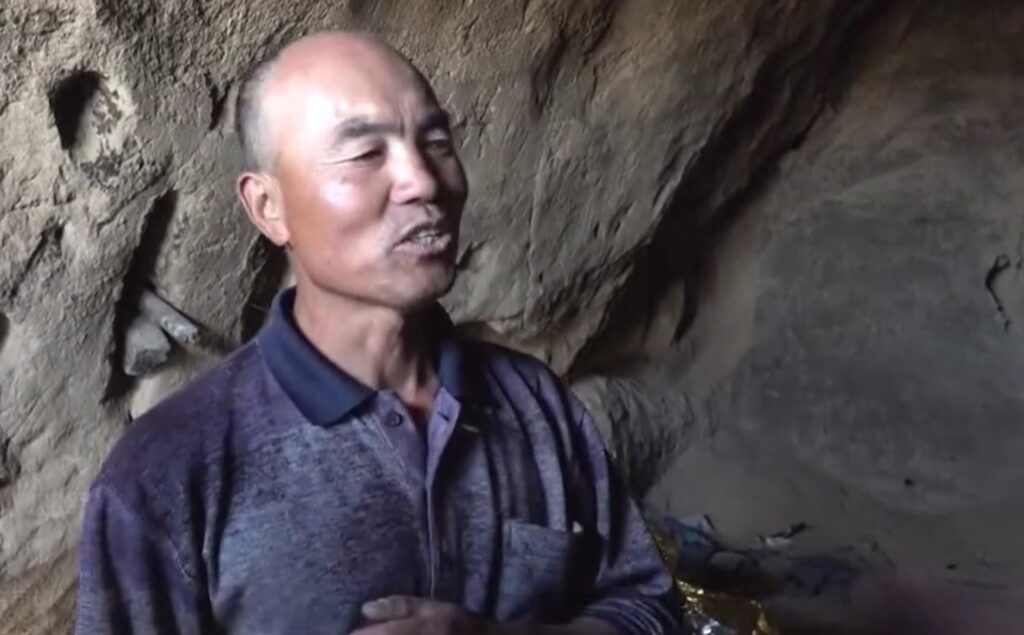
The photo was accompanied with text that warned against the risks of heat loss, apparently to try to sell their range of moisture eliminating clothes. One line read: “Keeping dry is critically important.”
The advert was displayed at a Hinos branch in the Chinese capital Beijing over the weekend, sparking outrage on social media after photos were shared online.
Following the backlash, the children’s clothes brand issued an apology for the poster and admitted it was inappropriate.
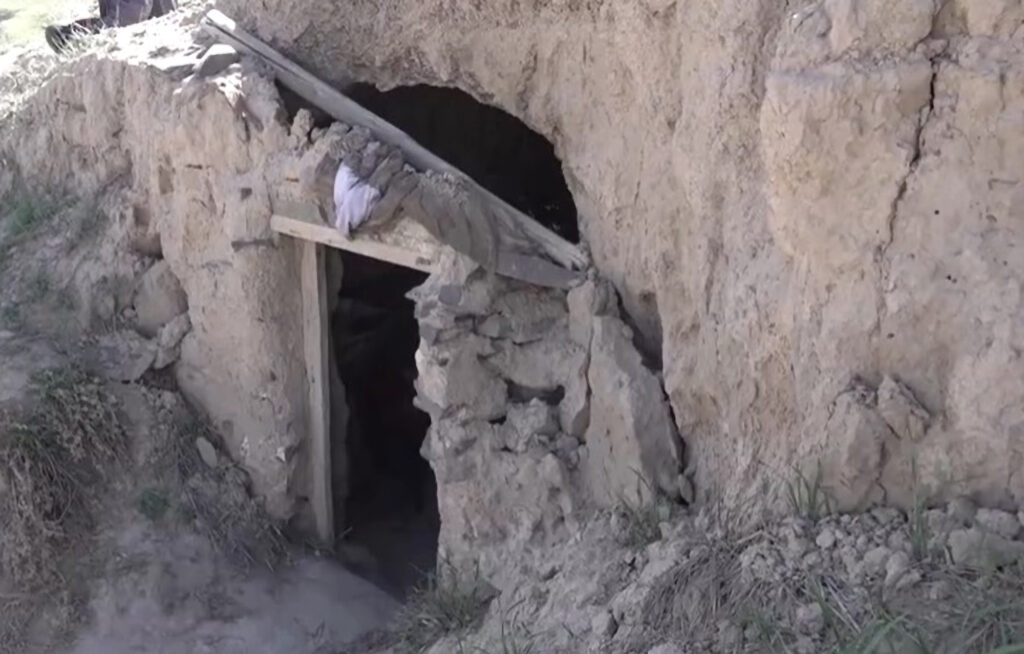
In a statement on the social network Weibo, Hinos said: “We have removed the advertisement immediately and we extend our deep apologies for the anguish it caused.”
The Gansu ultramarathon disaster took place near the city of Baiyin city on 22nd May when the weather rapidly changed on a 100-kilometre race.
Most participants were only dressed in light tops and shorts and lacked appropriate gear, leading to one of the deadliest sporting incidents in the country’s history.
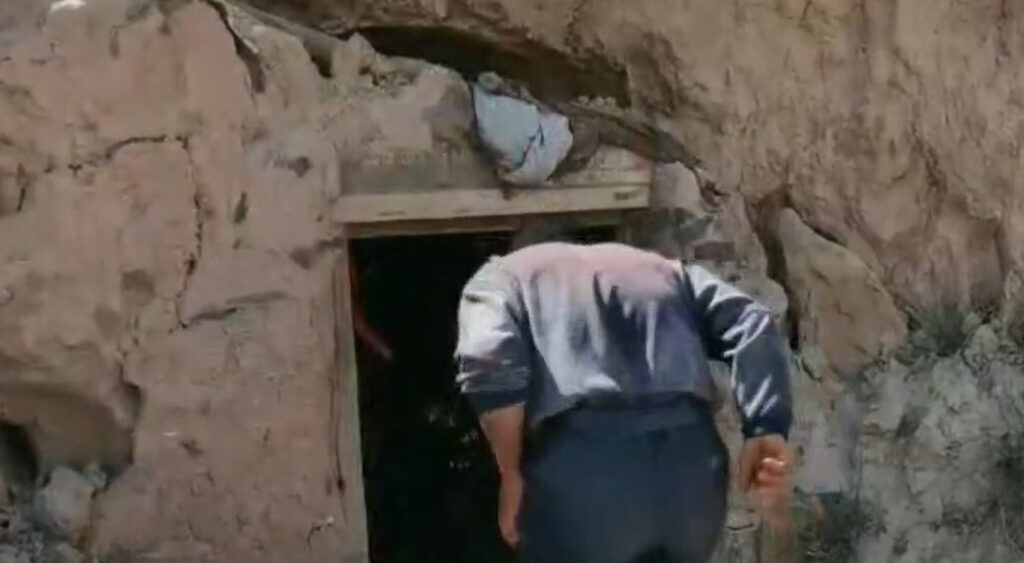
The tragedy happened when freezing hail and rain together with strong winds hit 172 lightly dressed marathon runners, when most of the participants were still at least 12 miles away from the finishing line.
Many runners are believed to have died of hypothermia, and Hinos caused offence by writing on their advert: “Some people remember to keep warm but forget about the risk of hypothermia caused by profuse sweating.
“Choose moisture-transferring and quick-drying underwear instead of those made of cotton. Cotton products increase the risk of hypothermia because they absorb sweat and are harder to dry.”
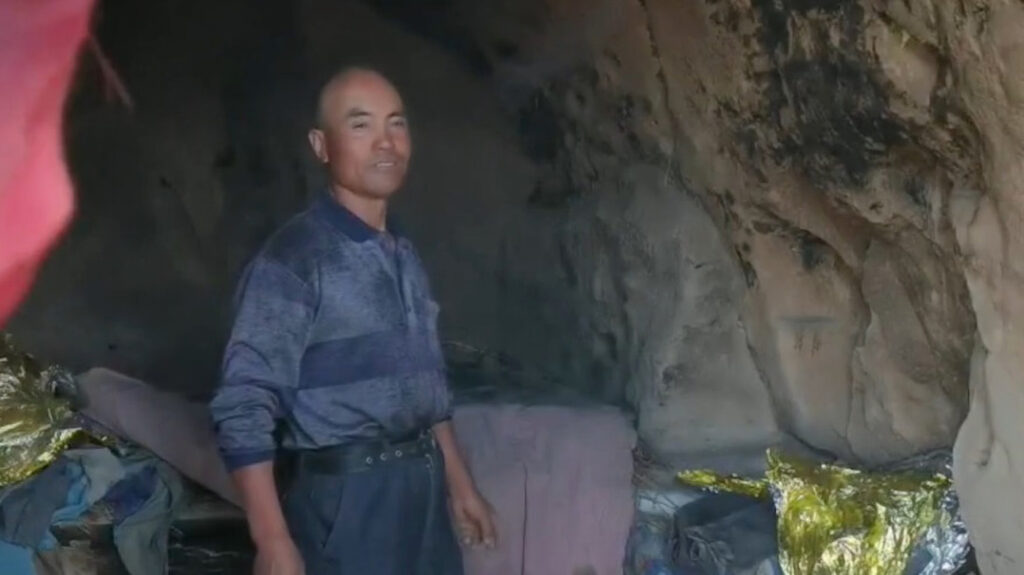
During the ultramarathon disaster, a local shepherd was hailed a hero for saving the lives of six runners.
Zhu Keming said it was around 1pm when there was strong wind and rain, and he decided to head to a local cave he knew to seek shelter.
He said: “I guess it was about an hour later and I heard a noise outside, and when I looked I saw somebody standing there motionless. He told me his feet had cramped, he could no longer move. I helped him into the cave.
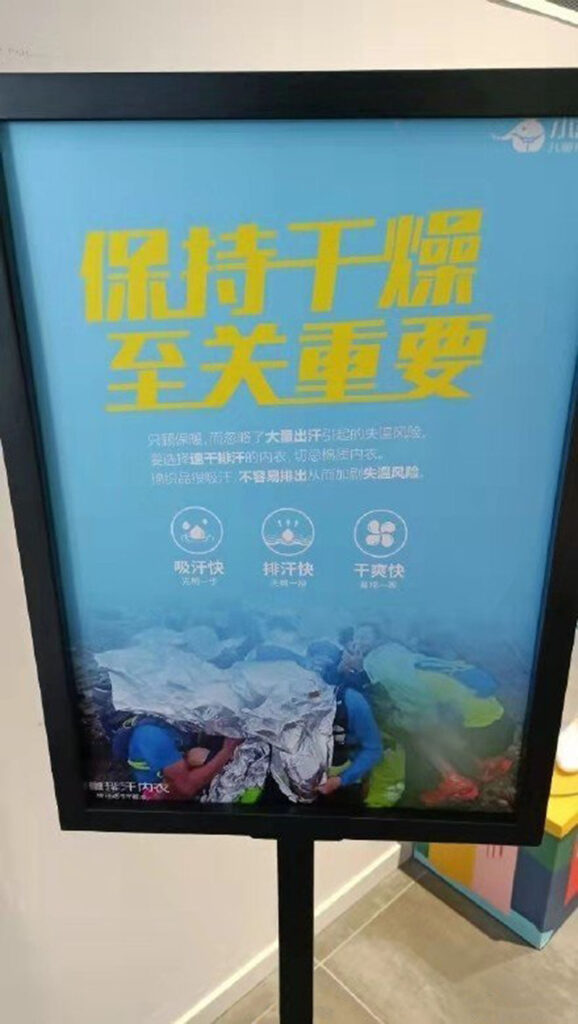
“His arms and legs were already stiff, so I massaged him and then put a fire to warm him up. I also dried his clothes.
“Then four other people who saw the light of the fire turned up and came into the cave for warmth. They told me that there were still several others outside including someone who’d fainted and could no longer move. I decided to head out into the rain to look for them.
“One of the men came with me, and together we managed to bring him back to the cave and warm him.’
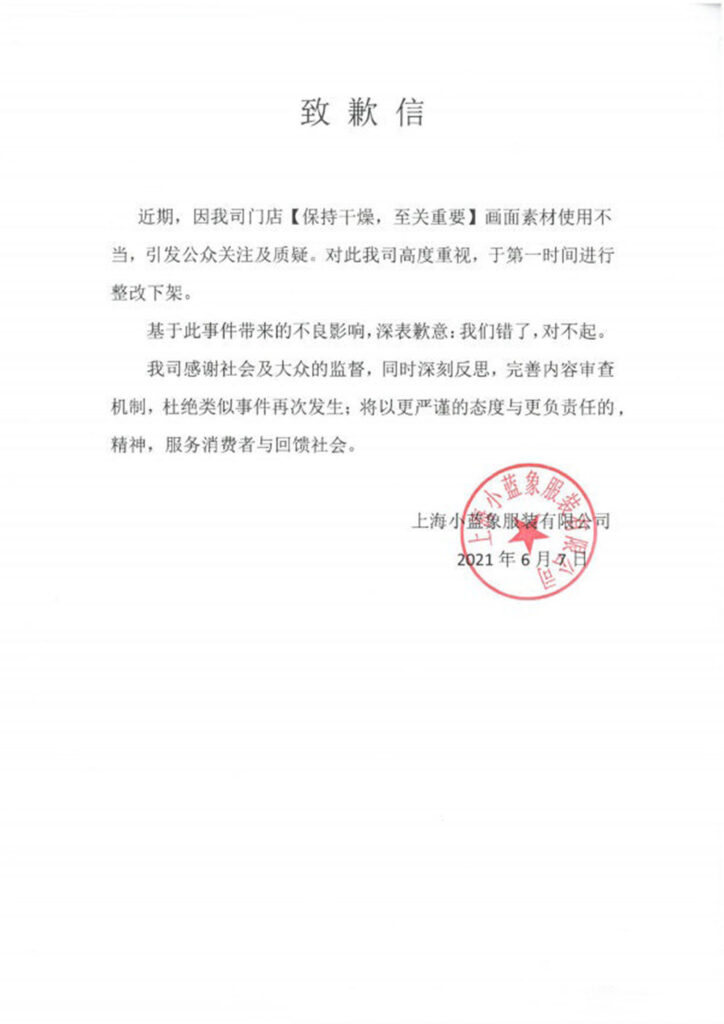
Several hours later when the weather situation improved, he then helped the men down the mountain to a road where they were rescued.
He was praised as a hero but said: “I didn’t do anything at all, I just did an ordinary thing that everyone else would door. I’m so sad that there were so many people that could not be saved. Like the men that I saw that had no vital signs. I’m very sad.”

